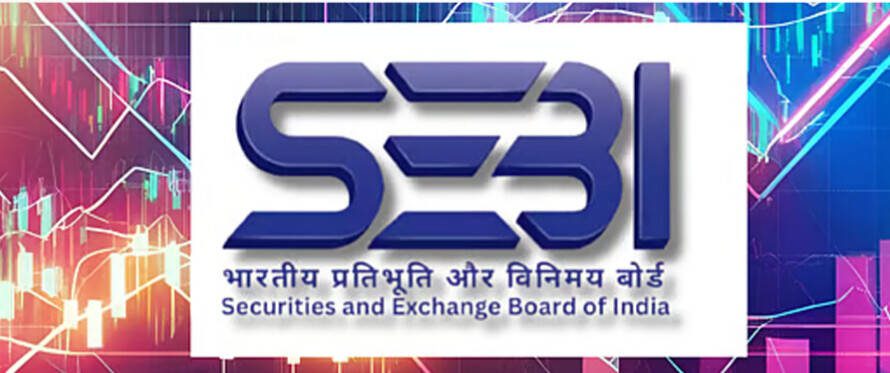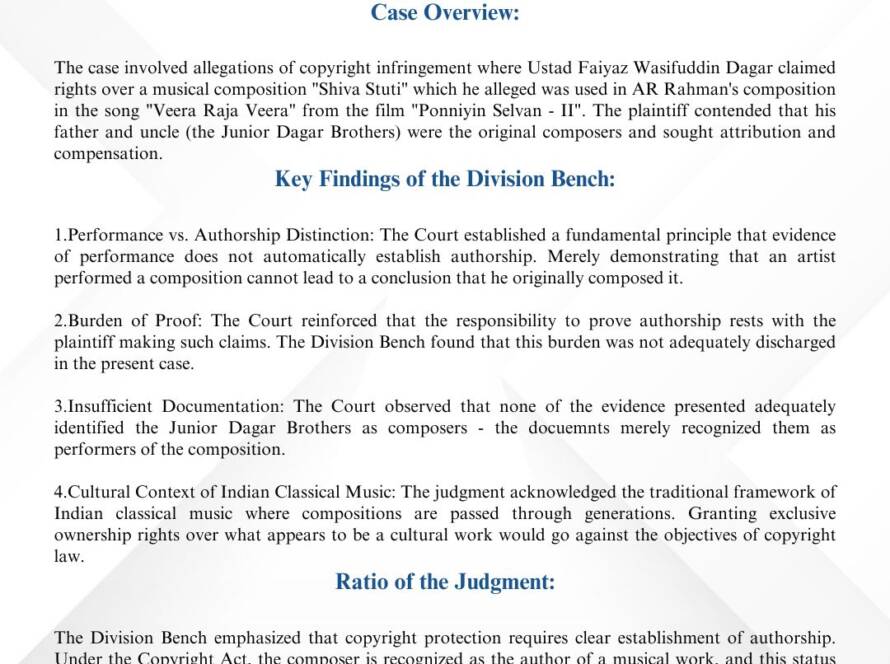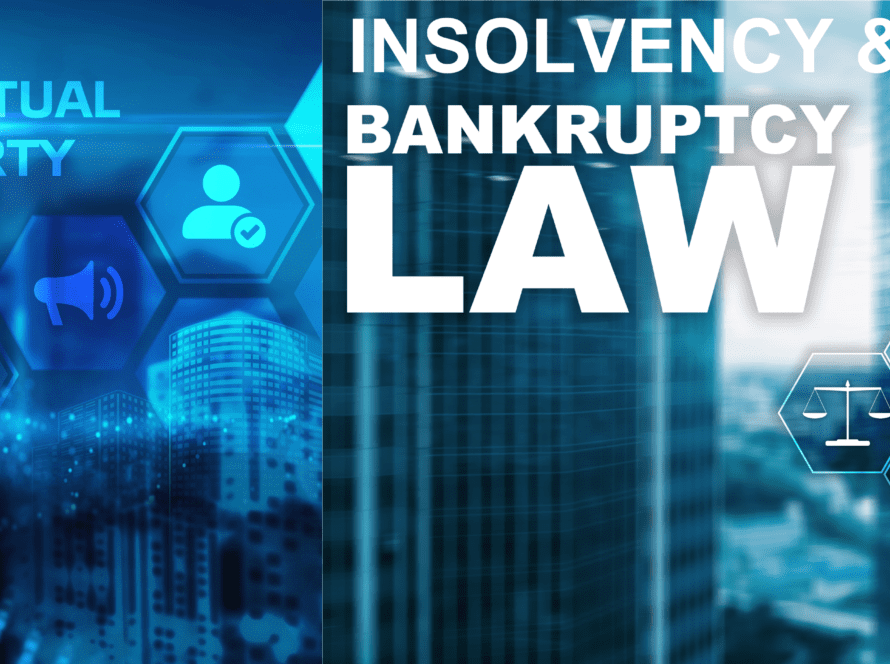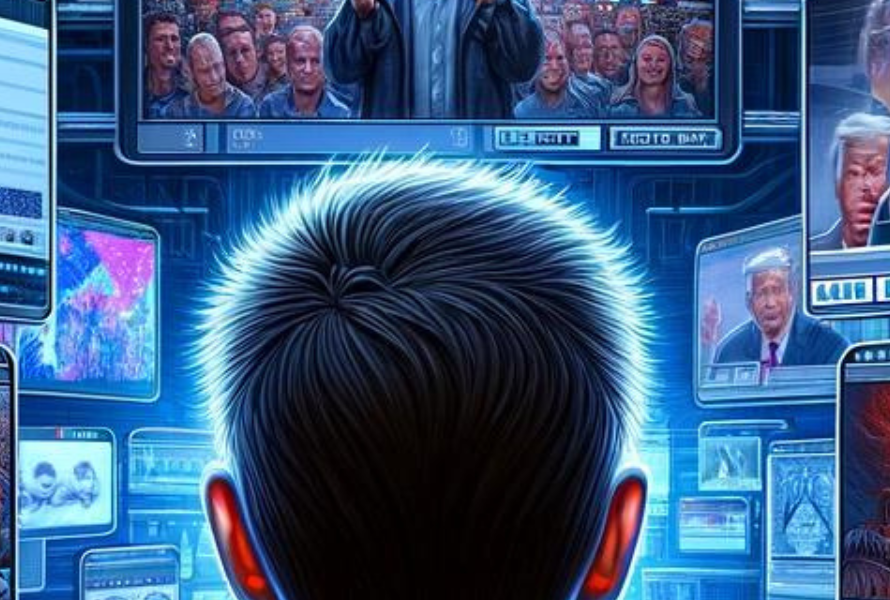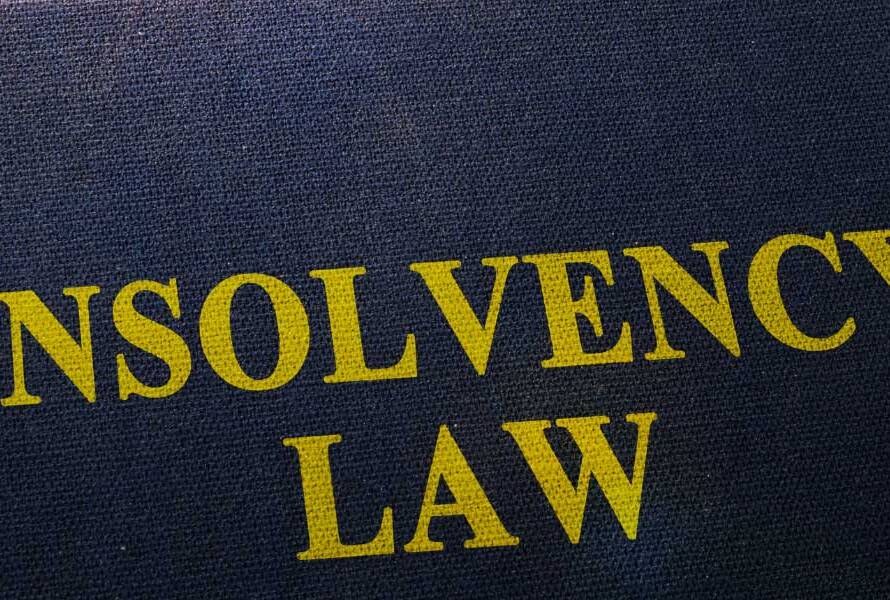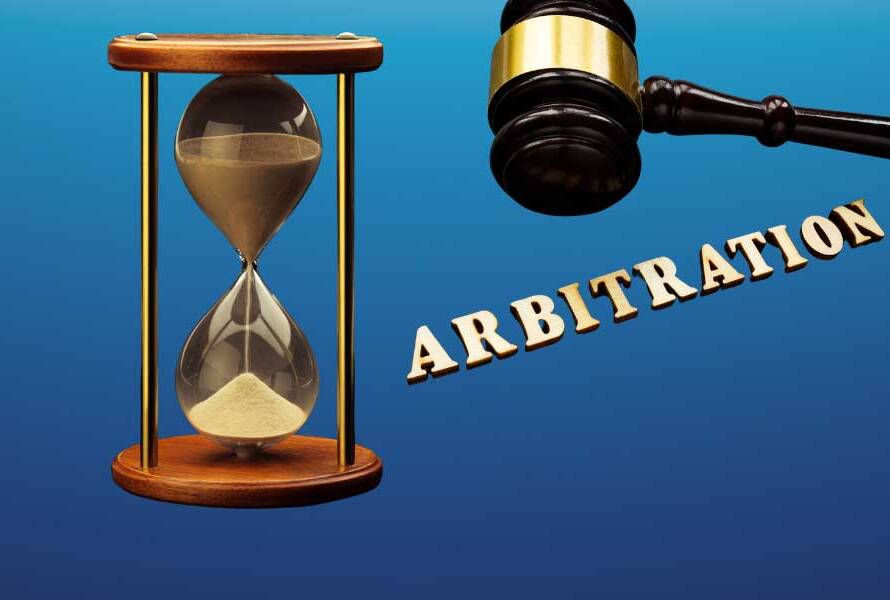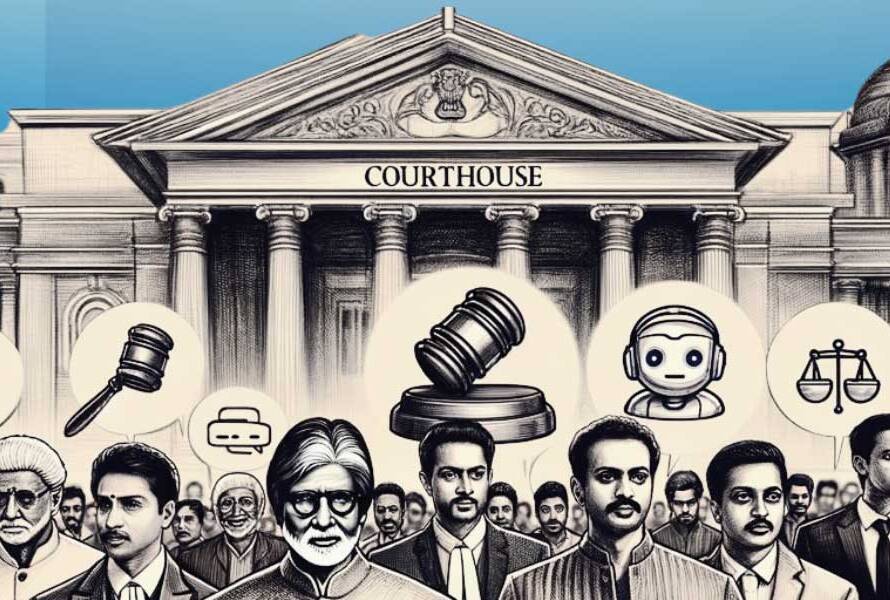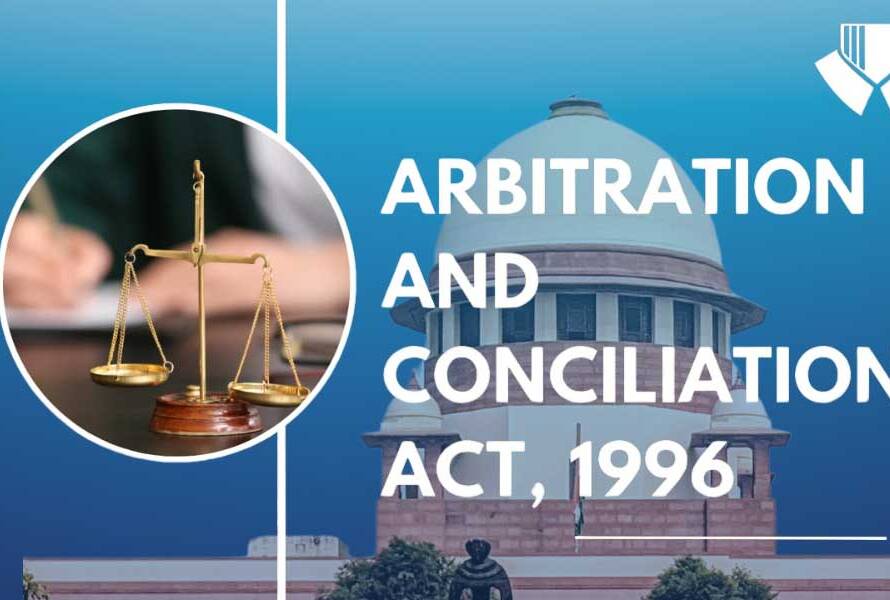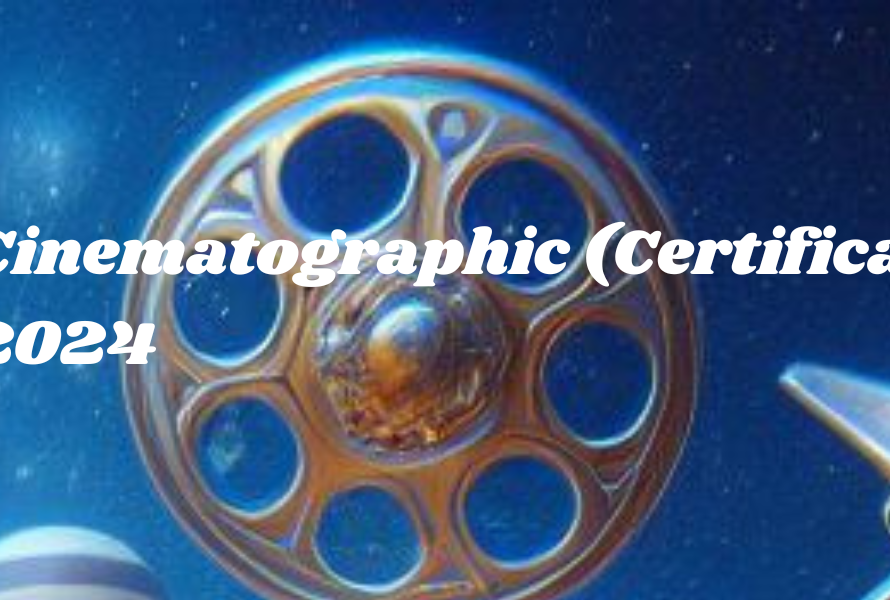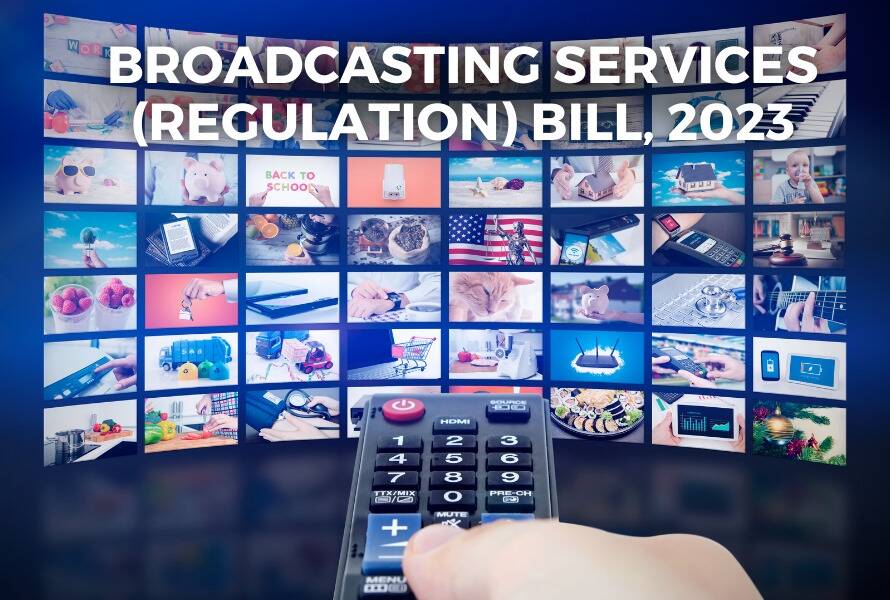Blogs
Blogs | ANM Global
Welcome to the official ANM Global Blog, where we discuss the latest trends, legal updates, and insights across a wide range of sectors. Whether you’re a business leader, legal professional, or someone with a keen interest in the world of law, this is your go-to platform for understanding how the legal landscape is evolving in India and across the globe.
At ANM Global, our aim has always been to go beyond legal services, empowering our clients and readers with the knowledge needed to navigate today’s complex legal environment. Our blog offers practical tips, case studies, and deep dives into current legal issues faced by individuals and businesses alike.
Exploring Legal Trends and Insights
Our team of experienced lawyers, who work across various sectors from media entertainment law to corporate legal solutions, are committed to bringing you timely and relevant content that keeps you informed. We are recognized as one of the top media law firms in Mumbai and across India, and our blog will reflect that depth of expertise.
- Media and Entertainment Law: Stay updated with the latest trends in the media and entertainment industry. Our blog posts cover key topics like digital copyright challenges, production contracts, and emerging issues around streaming platforms. As media and entertainment lawyers, we break down complex issues into easy-to-understand insights for industry professionals.
- Corporate Law and Business Advisory: Whether you run a startup or a multinational corporation, understanding the latest updates in corporate law can help you stay compliant and ahead of the competition. From mergers and acquisitions to corporate governance practices, our blog posts will help guide you through the legal maze that comes with managing a business in India.
- Intellectual Property Law: Intellectual property is the backbone of innovation. Our blog posts explain the nuances of patent grants, trademark protection, and how to navigate the ever-evolving field of intellectual property law in India. You’ll find expert guidance on protecting your ideas and leveraging them for business success.
- Dispute Resolution and Litigation: In an increasingly litigious world, understanding the processes behind dispute resolution, mediation, and arbitration can be vital for businesses. Our blog dives into case studies, examines landmark judgments, and offers practical solutions for managing disputes in various legal settings.
Industry-Specific Legal Knowledge
At ANM Global, we pride ourselves on having a vast knowledge base across multiple industries. Our blog will feature legal commentary and case studies from sectors including Infrastructure, Healthcare, Real Estate, Technology, Pharmaceuticals, and more. Each post is carefully curated by our legal experts, offering industry-specific legal perspectives and solutions.
- Real Estate Law: Navigating legal challenges in real estate projects can be daunting. Our posts explore land acquisition laws, compliance with environmental regulations, and solutions to common legal issues that arise during the development and sale of real estate.
- Healthcare and Pharmaceuticals: The healthcare industry is subject to stringent regulations. We provide legal insights into compliance, contracts, and product liability cases specific to healthcare and pharmaceuticals, ensuring that businesses are always aware of their obligations.
Legal Insights for Businesses and Individuals
Whether you’re searching for expert insights into legal firms in Mumbai, tips on hiring a reliable law firm near you, or practical advice on protecting your business through contracts and compliance, our blog is designed to be a valuable resource. We’ll keep you informed on changes in legislation, emerging legal challenges, and the latest news from the legal industry in India and globally.
ANM Global is not just a law firm; we are a legal partner committed to delivering value beyond our services. Our blog ensures that you have access to the knowledge you need to protect your interests, stay ahead of legal changes, and make informed decisions.
The media and entertainment industry is one of the most dynamic and rapidly evolving sectors in the world, driven by technological advancements, changing consumer habits, and shifting regulatory landscapes. In 2024, media and entertainment law professionals are witnessing significant trends and challenges that are shaping the future of the industry. From the rise of digital platforms and streaming services to the impact of NFTs and AI-generated content, the legal landscape for entertainment is adapting quickly.
For media companies, creators, and legal professionals, staying ahead of these trends is essential for navigating the complex world of intellectual property, licensing, content distribution, and dispute resolution. In this blog, we’ll explore the latest trends in media and entertainment law, and how they are impacting content creators, producers, distributors, and legal teams.
1. Growth of Streaming Services and Digital Content Licensing
The explosion of streaming platforms like Netflix, Amazon Prime, Disney+, ZEE5, and Hotstar has fundamentally reshaped the entertainment landscape. As audiences shift from traditional cable TV to on-demand streaming services, the demand for digital content licensing has skyrocketed.
Key Legal Trends in Digital Content Licensing:
- Global Licensing Deals: Entertainment lawyers are increasingly tasked with negotiating international content licensing agreements, especially as platforms expand into new regions. These deals often involve complex territorial rights, content exclusivity, and revenue-sharing arrangements.
- Content Distribution: Legal teams must navigate intricate distribution agreements that govern how content is sold, broadcast, or streamed across multiple platforms, both traditional and digital.
- Monetization Models: Subscription-based services (SVOD), ad-supported video on demand (AVOD), and transactional video on demand (TVOD) are evolving. Legal experts are working on structuring contracts to accommodate new monetization methods and ensure fair compensation for content creators.
2. Intellectual Property Protection in the Age of Digital Media
As more content is created and shared across digital platforms, intellectual property (IP) protection has become even more critical. With the proliferation of piracy, unauthorized distribution, and deep fakes, media and entertainment lawyers are facing new challenges in safeguarding creative works.
Key IP Trends in Entertainment Law:
- Copyright Protection: In 2024, content creators and producers are focusing heavily on copyright enforcement across digital channels, including social media platforms, streaming services, and mobile apps. Lawyers must ensure that digital rights management (DRM) systems are in place and work to protect works from online piracy and illegal distribution.
- NFTs and IP Ownership: The rise of Non-Fungible Tokens (NFTs) has created a new frontier for media companies. Lawyers are now tasked with ensuring that IP rights are clearly defined in the digital ownership of artwork, music, and video content sold as NFTs.
- AI and Content Generation: The use of artificial intelligence in creating artwork, music, and film raises new legal questions around authorship, ownership, and copyright. Who owns the rights to content generated by AI, and how can these rights be protected in a legal framework?
3. Evolving Media Laws and Regulations in India and Beyond
As the media industry evolves, so too do the laws governing it. In India, the Telecom Regulatory Authority of India (TRAI) and other regulatory bodies are increasingly focusing on OTT platforms, broadcasting regulations, and data protection. The government’s evolving stance on media and entertainment law is shaping how content is produced, distributed, and monetized.
Key Regulatory Trends in Media Law:
- OTT Regulation: The rapid rise of OTT (Over-The-Top) platforms in India has prompted regulatory bodies to consider new laws governing content censorship, consumer protection, and data privacy. The Ministry of Information and Broadcasting (I&B) is reviewing the Broadcasting and Cable Services (Eighth) Rules for OTT platforms, which could have significant implications for content creators and distributors.
- Media Ownership and Control: Laws around media concentration and cross-media ownership are under scrutiny globally, especially as large tech companies expand into the entertainment space. Legal professionals are advising clients on navigating these regulatory challenges, ensuring that their business practices comply with antitrust and competition laws.
4. The Rise of Influencers and Digital Creators: Legal Considerations
The influencer marketing industry has exploded, with creators on platforms like Instagram, YouTube, TikTok, and Snapchat commanding large audiences and driving significant revenue. As digital influencers become more integral to marketing and advertising strategies, media law firms are seeing an increase in demand for legal services related to brand partnerships, sponsored content, and monetization.
Key Legal Trends for Influencers:
- Contractual Relationships: Lawyers are now focused on drafting clear contracts between influencers and brands to ensure that both parties are protected. This includes defining payment terms, performance metrics, and content rights.
- Advertising Compliance: With the rise of influencer marketing, there has been increased scrutiny from regulators like the Advertising Standards Council of India (ASCI) to ensure that sponsored content is disclosed properly and complies with ethical advertising standards.
- Intellectual Property Protection for Creators: Many influencers create original content, such as videos, artwork, or blogs, that needs protection under copyright laws. Legal teams are working to ensure influencers’ content is safeguarded from theft, unauthorized use, or infringement.
5. Dispute Resolution in the Digital Era: Arbitration and Mediation
With the growth of global media collaborations and digital distribution, disputes in the entertainment sector are becoming more complex. Litigation in media and entertainment can be time-consuming and costly, so alternative dispute resolution (ADR) methods like arbitration and mediation are gaining popularity.
Key Trends in Entertainment Dispute Resolution:
- Cross-border Disputes: International distribution deals, licensing agreements, and co-productions often lead to legal disputes between parties across different countries. Arbitration has become a preferred method to settle these disputes efficiently, especially when parties are in different jurisdictions.
- Digital Content Disputes: With the rise of digital content sharing, legal disputes related to copyright infringement, streaming rights, and defamation are increasingly being handled through ADR processes. Arbitration allows parties to resolve these issues without the need for lengthy court proceedings.
- Online Dispute Resolution: With more disputes arising in the digital realm, there is a growing trend towards online dispute resolution (ODR) platforms. These platforms use technology to resolve conflicts related to digital content, IP rights, and online transactions.
6. The Impact of AI and Automation on Entertainment Law
AI is transforming how entertainment content is created, consumed, and monetized. From AI-generated content to automated copyright enforcement, the legal implications of AI in entertainment are vast.
Key AI and Automation Trends:
- Automated Copyright Monitoring: AI-powered tools are being used to monitor and enforce copyright protection across digital platforms. Lawyers are leveraging these technologies to prevent infringement and ensure content creators’ rights are respected.
- AI-Generated Content: As AI tools become more advanced, there is growing concern over the ownership of content generated by AI. Media lawyers are now addressing the legal issues surrounding the authorship and licensing of AI-created music, art, and video.
- Contract Automation: Legal professionals are increasingly using AI-driven contract management tools to streamline the creation, negotiation, and execution of entertainment contracts.
Conclusion: Adapting to the Future of Media and Entertainment Law
The media and entertainment law landscape is constantly evolving. In 2024, key trends like digital content licensing, intellectual property protection, streaming regulations, and the rise of AI-generated content are shaping the future of the industry. For entertainment lawyers, staying on top of these developments is essential for providing effective counsel to clients and ensuring they can navigate the complexities of the digital age.
As the entertainment sector continues to grow and diversify, media law firms must adapt to new technologies, evolving regulations, and changing business models. Understanding and responding to these trends will be key to success in an increasingly competitive and fast-paced legal environment.
The media and entertainment industry in India is witnessing a period of unprecedented change, driven by the rapid growth of digital media, evolving content distribution models, and increasing regulatory scrutiny. From the rise of OTT platforms to the introduction of new laws governing data protection, the legal landscape is continuously evolving.
For media companies, content creators, and legal professionals, staying abreast of these emerging trends is crucial to navigating the complex world of entertainment law in India. In this blog, we explore the key trends in media and entertainment law in India, with a focus on digital content licensing, the impact of streaming platforms, and the significant implications of the Digital Personal Data Protection Act (DPDPA).
1. The Growth of OTT Platforms and Digital Content Licensing
The explosion of OTT platforms (Over-The-Top) like Netflix, Amazon Prime Video, Disney+ Hotstar, and ZEE5 has reshaped how content is created, distributed, and consumed in India. The shift from traditional television to on-demand streaming services has resulted in significant legal developments around content distribution, digital rights, and licensing agreements.
Key Legal Trends in Digital Content Licensing:
- International and Domestic Licensing Deals: As streaming platforms expand their operations across India, entertainment lawyers are increasingly involved in negotiating global licensing agreements. These agreements cover aspects such as territorial rights, content exclusivity, and revenue-sharing models.
- Content Regulation: The Ministry of Information and Broadcasting (I&B) in India is scrutinizing OTT content regulation, with the aim of introducing guidelines for content censorship and classification. Media lawyers are helping clients navigate these evolving rules.
- Copyright and Digital Rights: With the rise of digital content, protecting copyrights is more important than ever. Lawyers are focusing on enforcing digital rights and preventing piracy, unauthorized distribution, and infringement on streaming platforms.
2. The Digital Personal Data Protection Act (DPDPA): A Game Changer for Data Privacy in Media
One of the most significant recent developments in Indian media and entertainment law is the introduction of the Digital Personal Data Protection Act (DPDPA). This landmark legislation, which is expected to be fully enforced in the near future, aims to protect the privacy and personal data of individuals in India. For the media and entertainment industry, this law brings new challenges and opportunities in terms of data security, consumer consent, and compliance.
Key Aspects of the DPDPA:
- Consent Management: Under the DPDPA, media companies and streaming platforms must obtain explicit consent from users before collecting or processing their personal data. This applies to data used for subscription services, targeted advertising, and content recommendations.
- Data Protection Requirements: Media companies must ensure that personal data is processed securely and stored in compliance with the law. This includes safeguarding sensitive user information such as payment details, viewing habits, and personal preferences.
- Right to Erasure and Portability: Consumers will have the right to request the deletion of their data (right to erasure) and the ability to transfer their data to other platforms (data portability). Entertainment lawyers are advising clients on how to implement these mechanisms effectively within their digital systems.
- Data Breach Notifications: The DPDPA mandates that companies notify consumers and authorities in the event of a data breach. Media companies must have a clear protocol for handling breaches and reporting them within a specified time frame.
As more OTT platforms and media companies rely on data for content personalization and targeted advertising, compliance with the DPDPA will become a key area of focus for legal teams. Failure to comply with these data protection laws could result in significant fines and damage to a company’s reputation.
3. Impact of Digital Regulation and OTT Platforms in India
The rise of OTT platforms has raised questions about content regulation, particularly concerning issues like obscenity, hate speech, and offensive content. The Indian government has been moving toward introducing more stringent regulations to ensure content produced and distributed via OTT platforms complies with Indian laws and cultural norms.
Key Regulatory Trends in OTT Content:
- Self-Regulation and Content Guidelines: While OTT platforms have largely been self-regulated, there are increasing calls from the Indian government for more formal oversight. In 2021, the government issued the Information Technology (Intermediary Guidelines and Digital Media Ethics Code), which provides a framework for content regulation on digital platforms. Media lawyers are helping OTT platforms navigate these rules, especially concerning content moderation, age ratings, and user complaints.
- Liability for User-Generated Content (UGC): With the rise of user-generated content on platforms like YouTube, Instagram, and TikTok, legal teams are focusing on liability issues. Media lawyers are ensuring that these platforms comply with regulations governing the monitoring of harmful content and maintaining responsible content standards.
4. Increasing Role of Intellectual Property in the Digital Era
As the entertainment industry moves further into the digital realm, the protection of intellectual property (IP) has become more critical. With content being shared and distributed globally, ensuring that creators and media companies retain ownership and control over their works is more complex than ever.
IP Trends in Media and Entertainment Law:
- Digital Copyright Enforcement: The proliferation of online piracy and illegal streaming has prompted entertainment lawyers to be more proactive in copyright enforcement. This includes working with digital platforms and government bodies to tackle online piracy.
- NFTs and Digital Asset Ownership: Non-fungible tokens (NFTs) have introduced a new dimension to IP in the entertainment industry. Lawyers are working with clients to ensure that the ownership of digital artwork, music, and films sold as NFTs is clearly defined in legally binding contracts.
- Trademark Protection for Digital Brands: As digital-first platforms, influencers, and creators build personal brands, the need for trademark protection is growing. Media lawyers are advising clients on registering trademarks and protecting their digital identities in a crowded online marketplace.
5. Dispute Resolution in Media and Entertainment: Navigating Cross-Border Issues
As the Indian media industry becomes more integrated with global markets, cross-border disputes in content licensing, IP infringement, and contractual breaches are becoming more common. Lawyers in the media and entertainment sector are increasingly involved in handling disputes that span multiple jurisdictions, particularly with OTT platforms and international content distribution.
Key Trends in Dispute Resolution:
- Arbitration and Mediation: Given the international nature of many media deals, arbitration and mediation are increasingly preferred methods of dispute resolution. Legal teams are helping clients resolve issues related to content rights, production agreements, and intellectual property infringement outside of the traditional court system.
- Litigation in IP and Entertainment: Despite the growth of alternative dispute resolution, litigation remains a critical aspect of media law, especially in cases of copyright infringement, defamation, and contract breaches.







